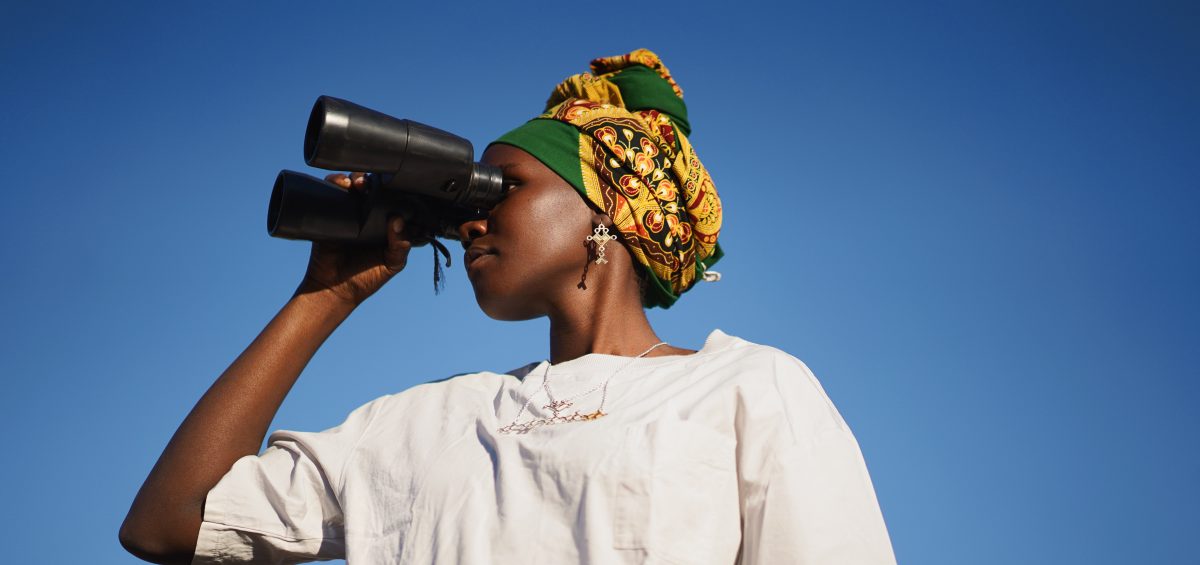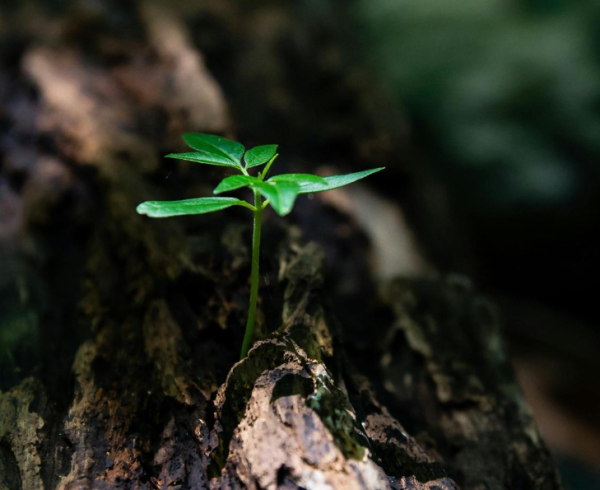We are very proud of our constantly growing team at Leadership & Sustainability and want you to get to know our hard-working people who strive for sustainable progress and impact. Get to know our expert in social sustainability!
Our new Senior Sustainability Manager
 Sila Yesilyurt joined our team at Leadership & Sustainability in April 2021 and is supporting us as a Senior Sustainability Manager and German team leader since then. Among others, her tasks include the oversight of L&S supply chain services, project management of client projects as well as business development and sales. She is originally from Istanbul / Turkey and recently moved to Düsseldorf / Germany to explore life in Germany a bit more.
Sila Yesilyurt joined our team at Leadership & Sustainability in April 2021 and is supporting us as a Senior Sustainability Manager and German team leader since then. Among others, her tasks include the oversight of L&S supply chain services, project management of client projects as well as business development and sales. She is originally from Istanbul / Turkey and recently moved to Düsseldorf / Germany to explore life in Germany a bit more.
Sila holds a bachelor’s degree in Environmental Engineering and has 11 years of experience in the field of social and environmental sustainability. Before she joined L&S, Sila has spent seven years in the position of Global Code of Conduct and Auditing Manager at Lindex.
She possesses in-depth knowledge of social sustainability within the global textile sector including social assessment systems like BSCI, SEDEX, SA8000. Sila worked with issues in corporate social responsibility such as human rights, decent work, gender equality, living wages and risk assessment reports.
We want you to get to know her and did a short interview with Sila:
Why did you decide to work in the field of sustainability?
I graduated with Environmental Engineering and during my studies I understood the importance of sustainability for humankind better. It is the only alternative to human extinction. Achieving sustainability is the toughest, most pressing issue in the history of humanity. And we need people and companies who dare to lead by example. That’s why sustainability is so important to me.
Social sustainability is a very broad term – how do you define social sustainability and what does it mean to you?
Sustainability is the capacity of our human society to continue indefinitely within the earth’s natural cycles. We often use the term “sustainability” to mean environmental sustainability. But the word means so much more than reducing our carbon footprint or striving to make our business more efficient. Social sustainability is equally important as environmental and economic sustainability. Everything is embedded and comes from nature at some point. Society exists within the environment and the economy is a by-product of society. Today we create barriers in our community to people meeting their basic human needs, which is a huge obstacle to being a sustainable society worldwide. Achieving genuinely sustainable development requires inclusive growth and equality, where the basic human rights of all people are fully supported and respected.
You have very strong background knowledge in the field of social sustainability. How and why should brands tackle social issues in their supply chains?
Social sustainability is also important in times of environmental difficulties. In the face of increased human-made environmental pressures, we now need leadership that promotes social sustainability.
We provide solutions to build a core approach of a transparent and traceable supply chain and materiality along the entire value chain. Thereby, the biggest challenge is to implement a holistic sustainability strategy that fits the client’s company and creates business value. So, leaders must make sure that the sustainability visions and goals are understood throughout the company and align with the general business strategy.
What is, in your eyes, the biggest potential for integrating social and ecological aspects into production?
Sustainability leaders should engage all functions in their value chain and promote inspiration to their employees, supply chain, and customers. I believe that transparency is the key part of sustainability. By knowing the supply chain, production processes and publicly disclosing this information, sustainability leaders can minimize social and environmental risks in their value chain and empower customers and other businesses to make better decisions.
What is your outlook regarding the development and relevance of sustainable approaches in the production of textiles and clothing in the future?
As I mentioned earlier, I believe sustainability is the only alternative to human extinction. It is well known that the textile industry has a problem with sustainability. It is projected that by 2030 global clothing consumption will increase by 63% (Environmental Audit Committee, 2019). If things do not change, this continued growth will cause harm to the planet and the people. There are lots of efforts for a positive change. Many brands and retailers have taken many positive steps and focused on building fair and equal work conditions, removing hazardous chemicals in the supply chain, reducing the water required for manufacturing, etc.
But there is still a lot that must be done…
To put sustainability at the core of the business is a big opportunity to accelerate the pace of change. We will have to find new ways and develop new technologies, business models, and processes to build a more sustainable future for the next generations.
And a personal question: what was your favourite or an inspiring thing about working and living in Istanbul?
Istanbul is such a huge and considerable city that is spread across two continents: Europe and Asia. The city was founded in the 7th century BC with the name “Byzantium.” Over the centuries, the Byzantine Romans turned the settlement into an important city and renamed it “Constantinople” in the 4th century AD. Constantinople became the capital of the Byzantine Empire and a global cultural and trading hub. In 1453, the Ottoman Turks conquered Constantinople and renamed it “Istanbul.” For centuries, it remained a global powerhouse and became the economic and cultural centre of the new Republic of Turkey in 1923.
Istanbul’s history is long and eventful, and the remnants of that multifaceted past are still omnipresent in the 15 million-plus mega-city.
Today, Istanbul is a melting pot of ideas, cultures, and architecture. A highly diverse city. It’s where East and West meet, ideologies clash, and people come together. You can also experience the different layers of industry and see how sustainability meaning is different for people’s lives. Huge companies, factories, and textile sweatshops, you can find everything in Turkey’s largest city. All this diversity makes Istanbul an incredible place to work in the field of sustainability.
We are very happy to have Sila in our team & hope you enjoyed our interview with her – if so, feel free to leave a Like!









Leave a Comment